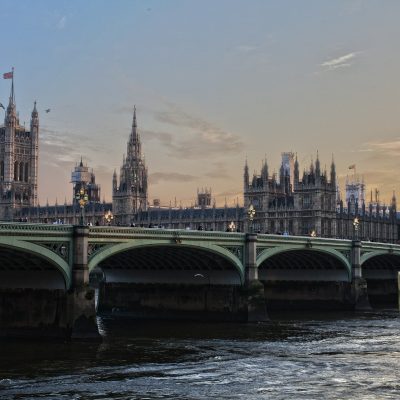An investigation into a Westminster paedophile ring has shown serious failings and damaged the reputation of the Metropolitan Police. The extensive investigation went on far longer than necessary as the police failed to recognise the evidence given by Carl Beech, known as ‘Nick’ was in fact completely fabricated. His allegations of rape, torture and murder towards several prominent figures in the 1970’s and 1980’s proved to be false and Beech subsequently sentenced to 18 years in prison.
Sir Richard Henriques, a former High Court Judge was commissioned to review the investigation, codenamed Operation Midland. Sir Richard’s investigation identified numerous errors and key failings made by the Met police during the operation. The information that was published from this report contained far more detail than would generally have been released to the public. This was in order for the Met to show their commitment to learn from the mistakes that had been made, as a result of their poor judgement and bad decisions. These mistakes have now been acknowledged. The current Deputy Commissioner of the Met, Sir Stephen House commented ‘The Met is determined to learn lessons from Sir Richard’s review to improve our response to similar situations in the future’.
During the operation the public were told that the police had confidence in ‘Nick’ and that his allegations were credible. This was criticised and it has been concluded that the statements should not have been made, as ‘Nick’s’ allegations had been nothing but inconsistent and implausible. Sir Richard acknowledged some of the errors made by the police could be put down to the pressure they are under to always believe the victim, ‘At least some of the shortcomings are attributable to this context.’ Another contributing factor being the numerous headlines released by the media about paedophile cover ups which were highly influential. This does not however excuse the 43 key failings recognised by Sir Richard.
The most significant of these failings was the obtaining of the search warrants, down to the judge being misled with incorrect applications. The applications stated ‘Nick’ had been consistent throughout interviews and dealings with the police, which was incorrect: ‘Nick’s’ credibility had not yet been established and there were many inconsistencies in his allegations. The process of obtaining the warrants had been unlawful. Six warrants, which would not have been issued had the process been dealt with correctly, saw the homes of Tory MP Harvey Proctor, Lady Diana Brittan and Lord Bramall raided. A mistake was also made in the decision to inform the public that the police believed ‘Nick’. Mr Riddle, the judge who issued the warrants, expressed his support and confidence in Sir Richard’s findings and revealed the police had failed to follow disclosure proceedings. In Sir Richard’s summary of police failings, he stated that ‘a rigorous investigation into the decision to apply for the warrants and the formulation of the statements must take place’. The former deputy Assistant Commissioner who authorised the investigation, Steve Rodhouse, has since apologised for the ‘distress that has been caused to innocent people and their families’.
Five officers from Operation Midland were referred to the IOPC for investigation, however information has since come to light suggesting they were not all interviewed before being cleared. The IOPC concluded they had not found any evidence of criminality or wrongdoing in Operation Midland, contradictory to Sir Richard’s findings. It is unclear why a criminal investigation into the unlawful search warrants has not taken place and why officers have been cleared without questioning.
Please note that we are unable to offer free legal advice. Our client services team are here to take your case details and explain any costs involved
If you would like to speak to our expert legal team about this, or any related subject then please contact our team by phone on 0207 936 6329, Email or by completing our Quick Contact Form below.
Please note that we are unable to offer free legal advice. Our client services team are here to take your case details and explain any costs involved
